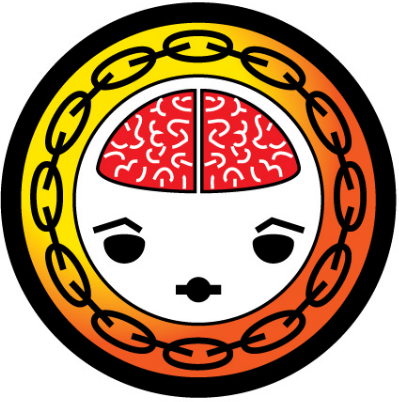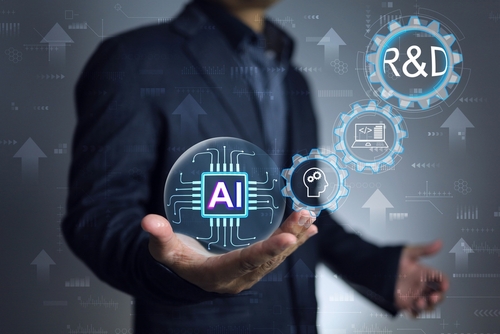 New technologies abound. In supply chain, right now, the rate of change is exciting. On the horizon, innovation opportunities are limitless through the confluence of technologies like cognitive learning, blockchain, streaming data architectures/sensors (Internet of Things), and mobility.
New technologies abound. In supply chain, right now, the rate of change is exciting. On the horizon, innovation opportunities are limitless through the confluence of technologies like cognitive learning, blockchain, streaming data architectures/sensors (Internet of Things), and mobility.
Yet, I see companies make the same mistake over and over. What is it? Using new technologies to automate yesterday’s processes. Most companies I work with try to make their current processes more efficient versus rethinking the possible. The challenge? Ideate on the options. Don’t constrain your opportunities by imposing historic process definitions. Instead, step out of traditional boundaries. This step change in technology moves us from a focus on process evolution to transformational thinking and redesign.
Let’s examine Table 1. Traditional processes are batch. Batch-based processes pull data. The historic design of supply chain processes is on improving the response of inside-out processes. Today, supply chains respond based on historic data. They are out-of step with the channel. So, what if we start with outside-out processes, from the channel back, using sensors and driving the response at the speed of business? It could be revolutionary!
Table 1. Contrast of Historic and Future Supply Chain Processes

To get started, draw a process arrow from the channel to the enterprise, and begin to design processes that use channel data. Then layer on streaming data architectures, advances in sensor technologies along with big data analytics and ask yourself, “Could I redefine replenishment through streaming data from the channel? If there were sensors on cases or containers, could I guarantee time-sensitive delivery? Redesign visibility and customer service? If I sensed the condition of machinery in real-time, could I redefine service? Can I use new forms of analytics to sense the questions that I don’t know to ask?” This is all possible. Historically, the barrier was technology readiness; but today, it is traditional thinking. Take the challenge. Break the barriers and explore new opportunities for supply chain processes. Even if it is in small steps.
We want to help. Join our next webinar on January 25, 2017 at 1:00 p.m. ET to discuss streaming data architectures and process possibilities. On September 5-8, 2017, near Atlanta GA, we will ask supply chain organizations to take this challenge. This shift is the design of the program for the Supply Chain Insights Global Summit. We hope to see you there!
We would love to hear your thoughts. What do you see as the process possibilities?

Please Don’t AI Stupid
Drip. Drip. Drip. Industry 4.0. DripBig Data. Drip.The Connected Supply Chain. DripDigital Supply Chain. Drip.Autonomous Supply Chain Planning. Drip. Self-Healing Supply Chains. Drip. Touchless Supply






